Amaha / / / Best Self Help Books That Actually Change Lives: How to improve yourself
ARTICLE | 6 MINS READ
Best Self Help Books That Actually Change Lives: How to improve yourself
Published on
8th Aug 2025
Sweta Bothra
M.A, M.Phil

Indians buy more self-help books per capita than any other country in Asia. Yet, 73% of readers abandon these books halfway through. Why? Because we're approaching them all wrong.
Self-help isn't about quick fixes," says Dr. Vani, a clinical psychiatrist from Mumbai. "It's about creating sustainable habits through consistent practice and reflection."
Research shows that people who actively implement techniques from self-help books report 34% higher life satisfaction compared to passive readers. But here's the catch - only 12% of readers actually apply what they learn. As rightly said, self-help is self-care.
What Even Is a Self-Help Book?
A self-help book is designed to offer advice, strategies, or philosophies to help you improve one or more aspects of your life like relationships, career, mindset, emotional regulation, habits, etc. Unlike fiction, it doesn’t tell you a story. It gives you direct practical advice and stories of people going through similar situations and problems like you and how they thrived and came out of it.
In India, where therapy and psychiatry can still feel like a luxury or a taboo, top rated self help books offer an entry point.
The Science Behind Reading Self Help Books
Bibliotherapy (reading for emotional or psychological benefit) can significantly improve mental well-being when combined with reflective exercises. But here’s the twist: people often treat self-help books like cheat codes. Read it once, feel motivated, then...forget it.
Neuroscience research reveals that reading self-help content activates the same neural pathways as actual experiences. When you read about someone overcoming social anxiety, your brain processes it as if you're experiencing that success yourself.
Here's what happens in your brain:
- Mirror neurons activate when reading about others' experiences
- The prefrontal cortex strengthens, improving decision-making
- Neuroplasticity increases, making behavioral change easier

Do you feel equipped to deal with the growing Stress in Life?
Find out how well you can cope with stress
Standout Self-Help Books That Indians Keep Recommending

Bonus Recommendation - Mahabharata as a Self-Help Book: Wisdom for Modern Chaos
At first glance, it’s a tale of royal families, epic battles, and divine interventions. But scratch a little deeper and it becomes a manual for life. One that’s surprisingly relevant whether you’re navigating office politics, mental burnout, or a moral grey zone.
The Gita isn’t just about Arjuna’s doubts before a battle. It’s the first known recorded therapy session with Krishna as the therapist and Arjuna as the overwhelmed client.
Key self-help themes:
- Overthinking & paralysis: Arjuna freezes. Krishna reframes.
- Purpose and identity crisis: Who am I without my role? What is the point?
- Mind control and detachment: Practising "nishkama karma" (action without attachment to results).
- Emotional regulation: Through wisdom, not suppression. It’s basically Cognitive Behavioral Therapy, minus the clinical terms
- Yudhishthira’s gambling addiction teaches us that even the “righteous” can fall prey to impulse.
- Karna’s loyalty - noble but tragically misplaced shows how unresolved identity issues can cloud judgment.
- Duryodhana’s entitlement? A masterclass in toxic ambition and ego spiraling.
- Draupadi's humiliation in court and her vow for justice speak volumes about trauma, resilience, and anger as fuel.
Can the Mahabharata Help You with Life Today?
Yes. But not in a 5-steps-to-success kind of way. It helps you reflect, not just react.It teaches awareness before action. And it reminds you: life is rarely about being right, it’s about being wise. In that sense, it may just be one of the best self-help books ever written.
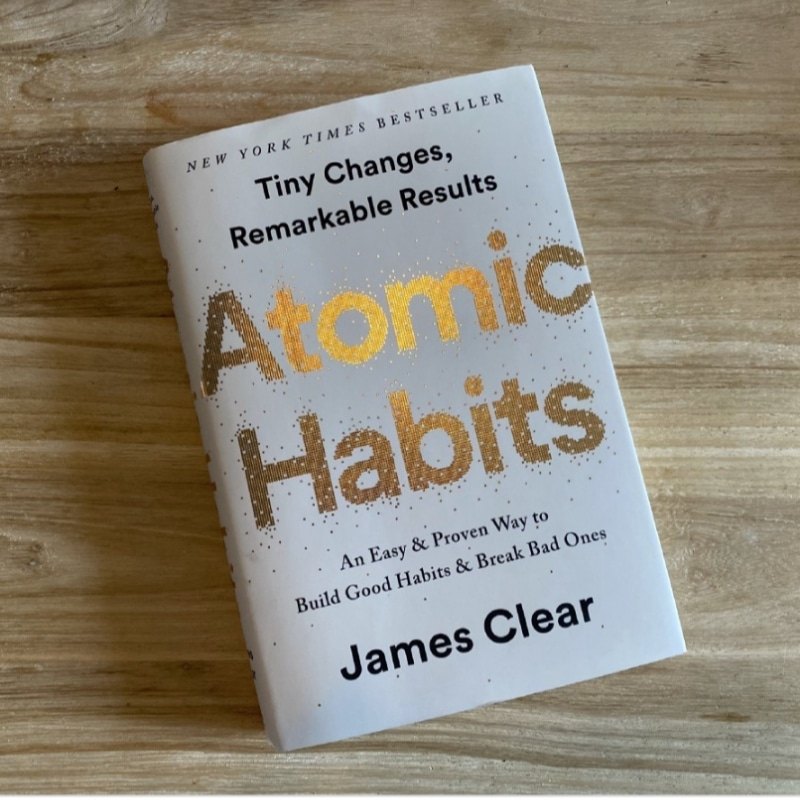
1. Atomic Habits by James Clear
A practical blueprint for changing behaviour through tiny, consistent habits. It shows how small changes compound into remarkable results.
Why it stands out: Actionable and backed by behavioral psychology.
Science: Uses habit loop theory and identity-based change.
Skills: Habit stacking, implementation intentions, cue-behavior-reward structure.
Indian relevance: Ideal for building routines in chaotic urban life without overhauling your schedule.
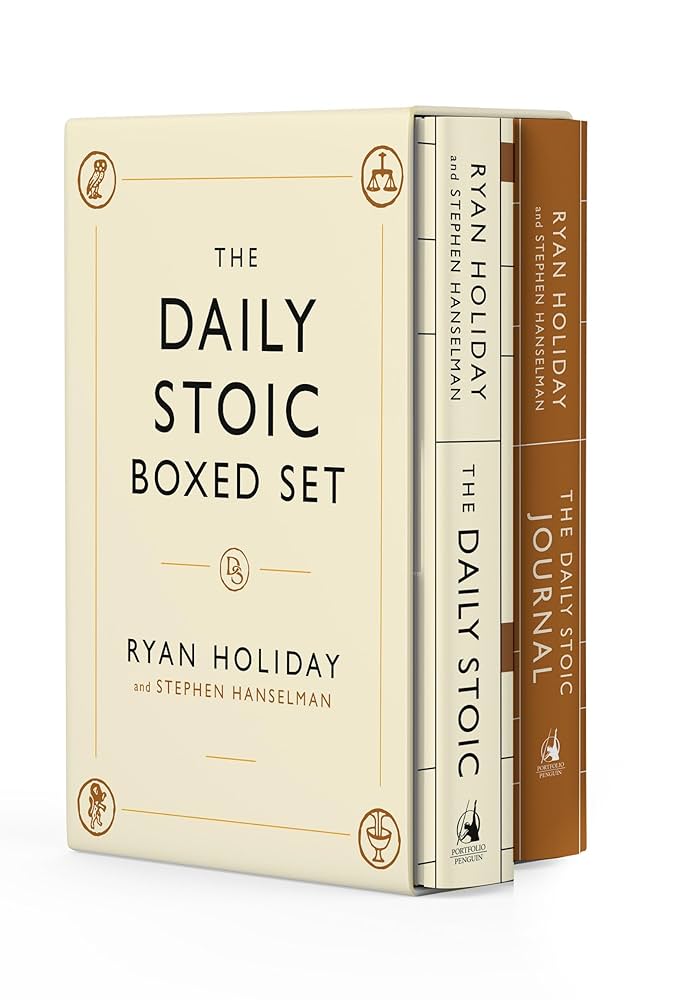
2. The Daily Stoic by Ryan Holiday
A year-long journey of daily meditations rooted in Stoic philosophy. Each page offers reflections to stay calm, focused, and resilient.
Why it stands out: Simple, timeless wisdom delivered in bite-sized form.
Science: Aligns with modern mindfulness and cognitive reframing techniques.
Skills: Journaling, self-control, perspective-shifting.
Indian relevance: Helps counter emotional reactivity common in family-dominated or high-stress social settings.
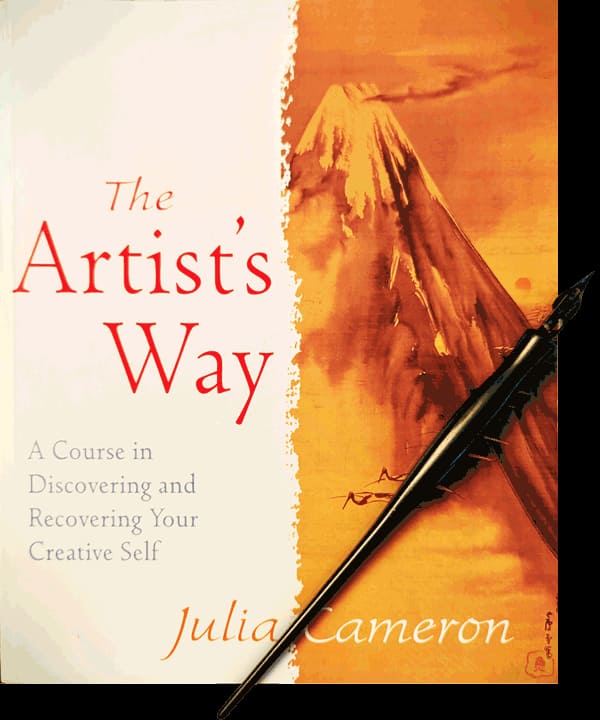
3. The Artist’s Way by Julia Cameron
A creative recovery guide that helps people reclaim their artistic expression and inner voice. Structured over 12 weeks, it blends spirituality, discipline, and reflection.
Why it stands out: It treats creativity like a spiritual and emotional necessity.
Science: Leverages neuroplasticity and expressive writing research.
Skills: Morning Pages, Artist Dates, reframing self-criticism.
Indian relevance: Empowers people raised in achievement-driven systems to explore passion without guilt.
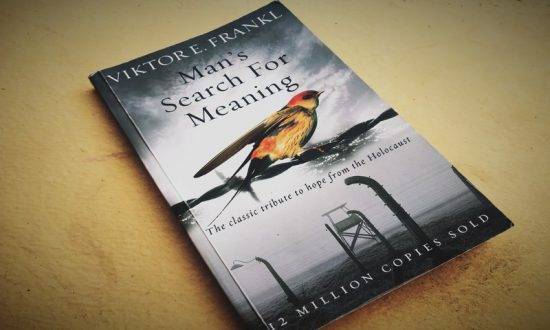
4. Man’s Search for Meaning by Viktor Frankl
Part memoir, part psychological guide, this book recounts Frankl's experience in Nazi concentration camps and introduces logotherapy. It explores how meaning sustains life, even in suffering.
Why it stands out: Merges profound human tragedy with psychological insight.
Science: Rooted in existential psychology and purpose theory.
Skills: Meaning-making, mental reframing, purpose-finding.
Indian relevance: Deeply resonates with Indian cultural values around karma, dharma, and suffering.
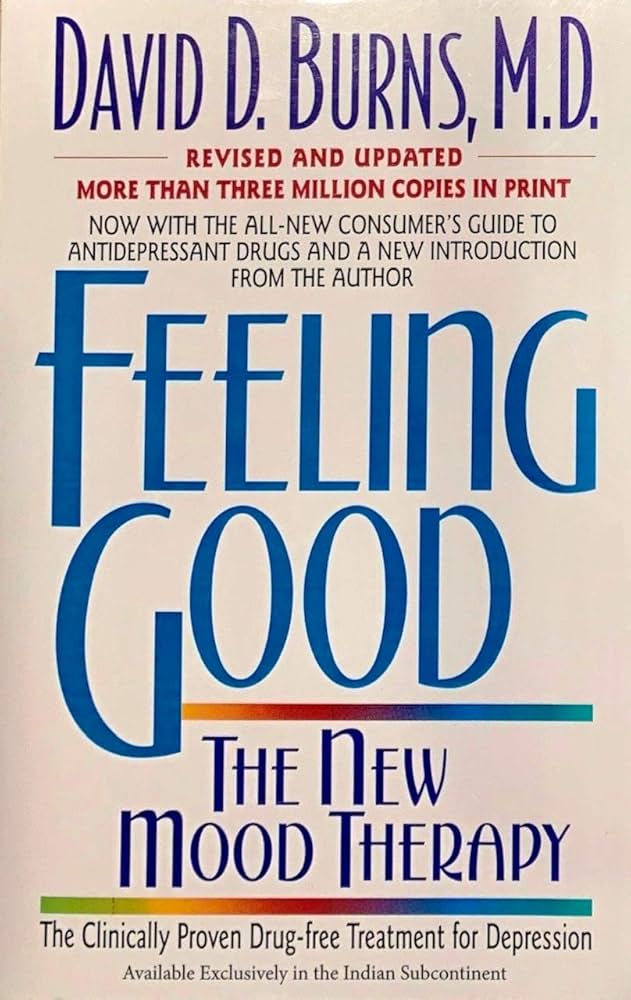
5. Feeling Good: The New Mood Therapy by Dr. David D. Burns
A pioneering book that introduces Cognitive Behavioral Therapy (CBT) techniques for overcoming depression and anxiety. It breaks down negative thought patterns and offers hands-on tools.
Why it stands out: Considered one of the most effective self-guided therapy books.
Science: Grounded entirely in evidence-based CBT.
Skills: Identifying cognitive distortions, mood tracking, thought journaling.
Indian relevance: A helpful alternative for those hesitant to seek therapy due to stigma or access issues.
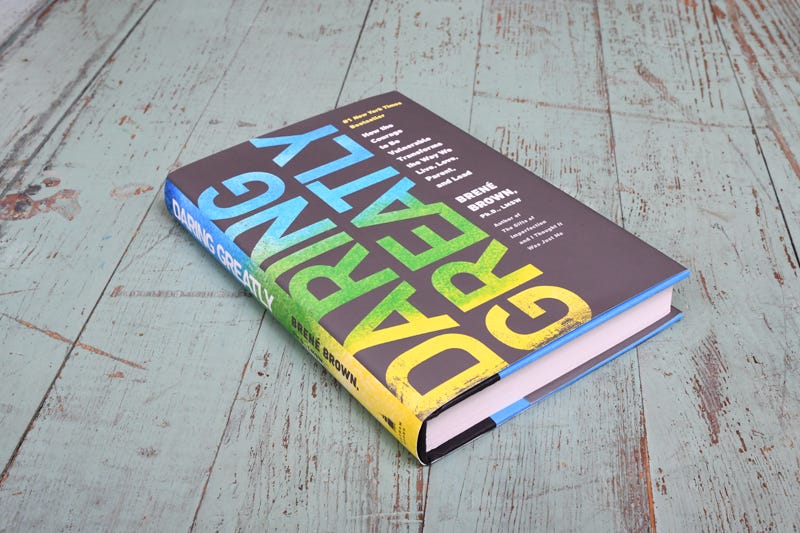
6. Daring Greatly by Brené Brown
Explores how embracing vulnerability is essential for meaningful connection, leadership, and self-worth. Based on years of social research, it dismantles the myth that vulnerability is weakness.
Why it stands out: Combines science with emotional storytelling.
Science: Based on qualitative research in shame and vulnerability.
Skills: Emotional risk-taking, boundary setting, shame resilience.
Indian relevance: Breaks social conditioning around perfectionism and ‘what will people say’ mindset.
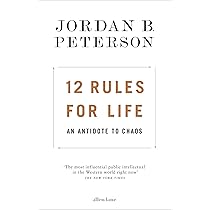
7. 12 Rules for Life: An Antidote to Chaos by Jordan Peterson
This book offers life advice through psychology, mythology, and personal anecdotes. Each rule encourages taking responsibility and living with integrity.
Why it stands out: Bold, philosophical, and deeply reflective.
Science: Influenced by Jungian psychology and behavioral science.
Skills: Personal accountability, self-discipline, existential clarity.
Indian relevance: Appeals to youth seeking structure and values beyond modern distractions.
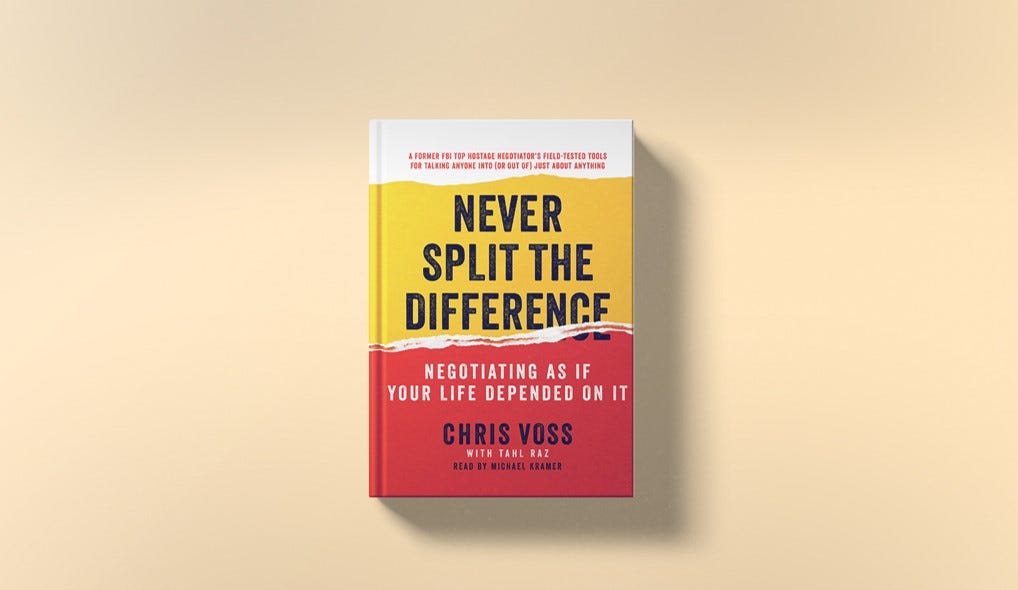
8. Never Split the Difference by Chris Voss
Written by a former FBI negotiator, this book teaches high-stakes negotiation strategies you can use in everyday life. It redefines negotiation as emotional intelligence in action.
Why it stands out: Practical, real-world tested tactics.
Science: Based on neuroscience and behavioral economics.
Skills: Mirroring, tactical empathy, calibrated questions.
Indian relevance: Especially useful in joint families, corporate settings, and vendor negotiations applicable to the hassle of everyday life.
9. Mindset: The New Psychology of Success by Carol S. Dweck
Explains how having a growth mindset—believing abilities can be developed—can transform how we learn, work, and live. It contrasts fixed vs growth mindsets with real examples.
Why it stands out: Scientifically shifts how we view failure and success.
Science: Based on decades of research in developmental and educational psychology.
Skills: Self-talk correction, resilience building, learning orientation.
Indian relevance: Crucial for students, parents, and professionals conditioned to fear failure.
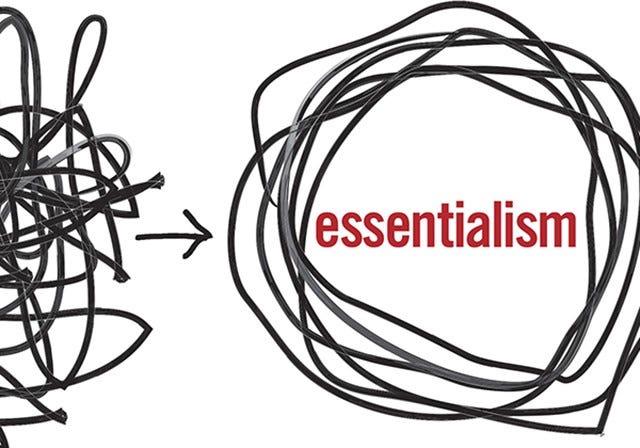
10. Essentialism by Greg McKeown
Teaches the disciplined pursuit of less, focusing only on what truly matters. It encourages saying no more often and cutting out the noise. Dives deep into the concept of minimalism and staying closer to your values.
Why it stands out: Counterintuitive yet freeing in a culture that glorifies busyness.
Science: Leans on decision fatigue and attention management research.
Skills: Prioritization, time blocking, saying no without guilt.
Indian relevance: A relief for those juggling family expectations, work overload, and endless WhatsApp obligations.
How to Read a Self-Help Book (Without Falling Asleep Mid-Chapter)
- Highlight and scribble. Don’t treat it like a sacred scroll. Make it yours. Annotate like your life depends on it.
- Pause and reflect. After each chapter, ask: What does this mean for me?
- Pick one practice to try. Don’t overwhelm yourself trying to fix everything at once.
- Discuss with someone. A friend, partner, therapist. Talking reinforces learning.
- Revisit. Good self-help books aren’t one-time reads. You will discover different insights and perspectives every time you re-read them.
How to Read a Self Help Book Effectively
Most people read self-help books like novels. Big mistake. Self-help requires a different approach. You're not just consuming information; you're rewiring your thought patterns and behaviors.
1. Start with the right mindset. Approach each book as a workshop, not entertainment. Keep a notebook handy. Question everything. What resonates? What feels unrealistic? Why?
2. Read actively, not passively. Highlight key passages. Write margin notes. Create mental connections between concepts and your current situations. When James Clear talks about habit stacking in "Atomic Habits," immediately think about your morning routine.
3. Take breaks. Don't rush through chapters. Let ideas marinate. I once spent three weeks on a single chapter of "The Power of Now" because Tolle's concept of present-moment awareness needed time to sink in.
4. Focus on implementation, not completion. It's better to master three techniques from one book than to skim through ten books without applying anything.
The best books to read about life often challenge your existing beliefs. Embrace that discomfort. Growth happens in uncomfortable spaces.
How to Practice What You Read in Self-help Books?
I am sure you must have tried reading self-help books before but still felt miserable because you were not able to implement any of those learnings. Is this your story too? You once finished a powerful chapter and said, “Starting tomorrow, I’m waking up at 5am!” Only to hit snooze 15 times the next day.
Choose one technique at a time. When I first read "The 7 Habits of Highly Effective People," I tried implementing all seven habits simultaneously. Disaster. Focus on one habit for 30 days before adding another.
Create accountability systems. Share your reading goals with friends or family. My wife and I read "Men Are from Mars, Women Are from Venus" together and discussed each chapter over evening walks. That shared experience strengthened our communication more than individual reading ever could.
Make it visible. Sticky notes on your mirror reminding you a strategy works wonders.
Track your progress. Use a simple journal to record daily implementations. What worked? What didn't? Why? This reflection process is where real growth happens.
Adapt techniques to your cultural context. Not every Western concept fits Indian lifestyles. When applying time management strategies, consider our family-oriented culture, festival seasons, and work-life integration patterns.
Building Your Personal Growth Library
Start with 2-3 books from this list addressing your immediate challenges. Quality trumps quantity every time. I'd rather see you master concepts from three excellent books than skim through thirty mediocre ones.
Your reading journey should evolve with your life stages. Books that transformed you in your twenties might feel irrelevant in your forties. That's normal. Growth requires different tools at different times.
Suggested Reading Schedule:
- Month 1-2: One foundational book (habits, mindset, or productivity)
- Month 3-4: One relationship or communication book
- Month 5-6: One career or skill development book
- Repeat cycle with advanced topics
Self-help books aren't magic bullets, but they're powerful tools when used correctly. The key lies not in reading more, but in implementing better. Your future self will thank you for starting today.



